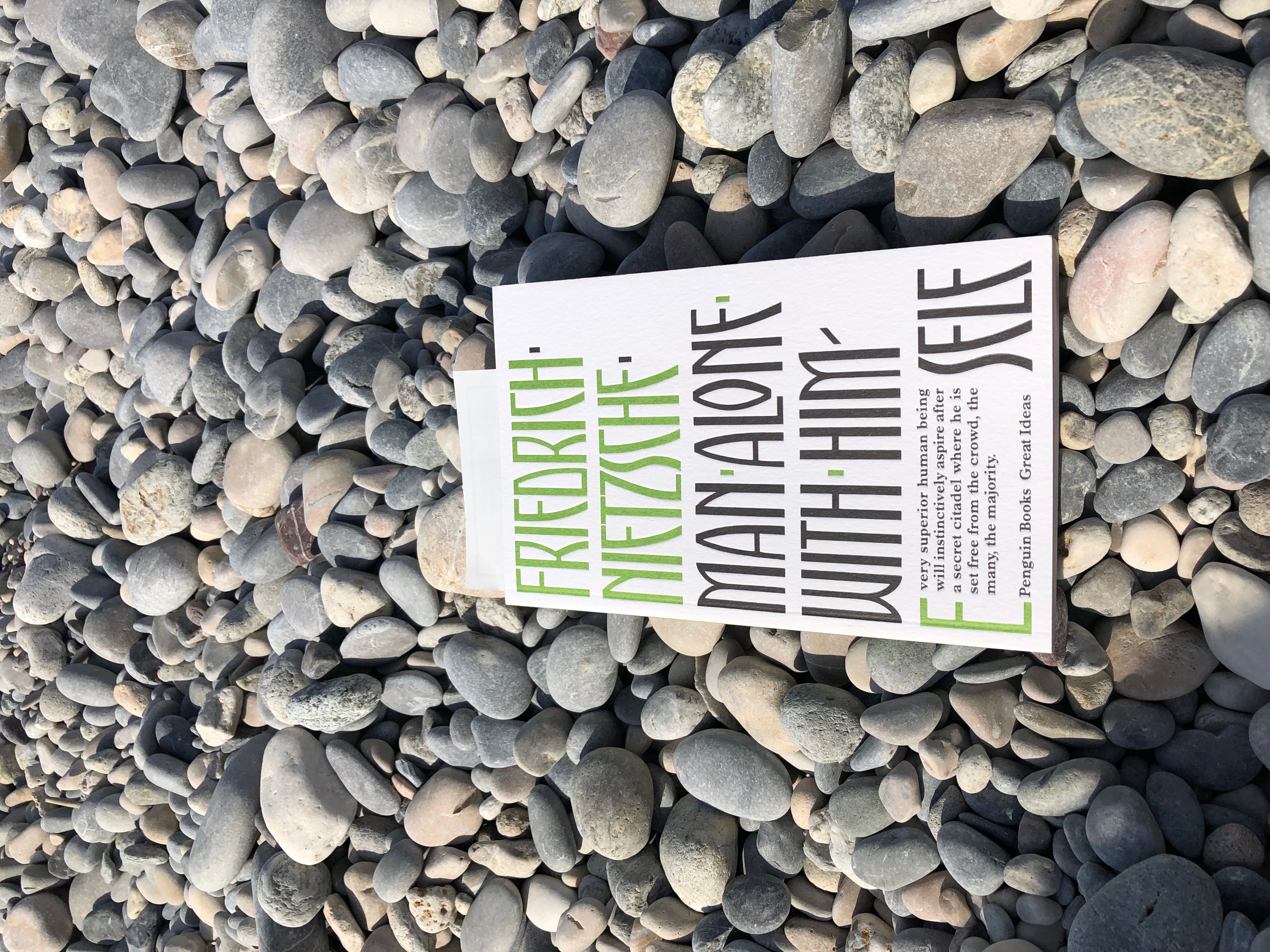Thursday
Jan162025
Ready, Steady, Go!
 Thursday, January 16, 2025 at 3:31PM
Thursday, January 16, 2025 at 3:31PM  Change will challenge you (as will many projects and programmes, however straightforward they appear) but keep four things in mind and the road will be easier.
Change will challenge you (as will many projects and programmes, however straightforward they appear) but keep four things in mind and the road will be easier.
- Direction - where are you going and why? Clarity here helps keep things in focus and support decision making.
- Pace - how quickly are we going there? will this ebb and flow, can we support this pace (especially with capacity and decision making) and what happens when we hit a roadblock or traffic jam?
- Agility - how flexible are we going to be and what are our parameters? How do we support this agility but ensure we stay on track and don’t get lost in diversions.
- Cadence - what’s the rhythm and how do we keep things on track? This is often a killer difference between success and failure. Be honest and realistic about how you’ll maintain it.
There’s so much more to successful projects, programmes and change, but keep these in mind, when you start but especially during implementation, and the challenges will at least be more manageable.
Remember, perfect is the enemy of the good. It's better to make progress at a sensible pace and get there in the end than end up with a car crash project and a burnt out team.


